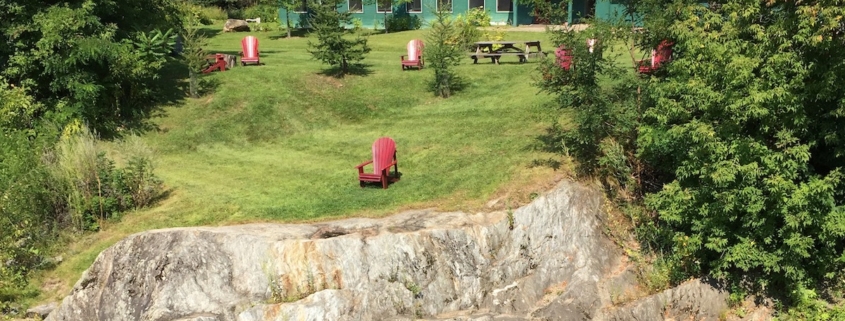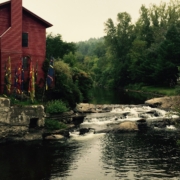Giving Myself Permission Not to Write
I’m in the midst of a two-week writing residency and I’ve given myself permission not to write. Unlike the everyday reality of life back home in Virginia, where childcare or freelancing or teaching whittle my writing time down to small chunks of hurry up and write, here, in Vermont, there is nothing but large spaces of time unfurling before me. Endless fields of possibility. And yet, I’ve surprised myself by deciding not to write. At least these first few days. What I’ve been doing instead:
Reading
Sketching
Researching
Editing
Hiking
Meeting new people
Discussing the artistic process
Thinking
Thinking. To have the space, the time, the unhurried luxury of just pondering things has been, so far, the most valuable part of the residency. How can I say this best? What if I tried this? Where can I look for inspiration? What style will feed me as an artist, while at the same time energize the words on the page? Do I really want to do this? Should I keep going? What am I meant to contribute? Or not.
I like to sit on the Adirondack chairs next to the river and listen to the water rush over rock and consider -muse over- my projects and my passions. Whether it’s the fresh air, or the warm sun on my face or the industrious energy of the artists moving across the lawns, something inevitably reveals itself. It might be an urgent need to draw that spinal cord sheath that shows chronic disease, so that I can really know, really understand that piece of my anatomy; or it might be the memory of a book I read long ago, one that could be instructive on style, that comes to me; or I might suddenly see in my mind the architecture of a chapter that had been, up until then, eluding me.
Thinking time.
“It’s not a race,” a sage writing friend said to me today when I told her I was doing more thinking than writing my first days here in Vermont.
It’s not a race.
Since arriving in Vermont, I’ve built protective space around me in order to allow myself to flex and stretch and bend and find the right steps for the stories I want to tell. With my nonfiction, I’m exploring: how will I weave lyrical prose with scientific detail and strong narrative? With my fiction: can I really take the risks I’d like to take with that character’s voice? Can I really blow up the traditional form and make it work? And Evelyn, my main character Evelyn, will she be okay if I step away from her, in order to find perspective? How will restructuring her mother’s voice affect her? Will my thesis advisor understand if I follow my heart and not his traditional novel writing expertise?
I truly believe that the strongest writing is writing in which the writer has taken the time to look at a topic or a character from every angle, writing in which wisdom has been achieved before the pen strikes across the page. My epiphany is just how important it is that I build in time to think when I go back home. Contemplation is just as important as writing, just as important as creating worlds for my stories, just as important as the hurry up and write chunks of time.
Today, as I sit in my studio and gaze out at the slow moving water of the Gihon River, I am filled with gratitude that I can allow myself to slow down enough to just think, to just ponder, and to, eventually, start writing again.



